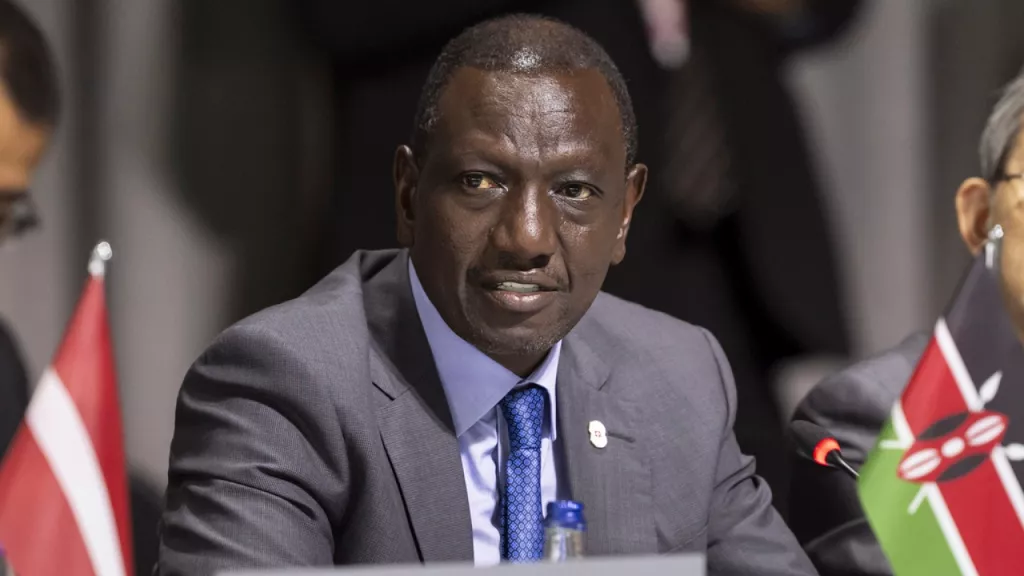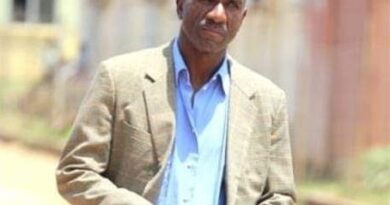Kenya Faces Economic Crisis as $80 Billion Debt Relief Effort Fails
Kenya’s President William Ruto has issued a grave warning following the failure of an $80 billion debt relief effort, predicting significant economic fallout for East Africa’s economic hub.
The rejection of a crucial finance bill, exacerbated by deadly protests, has left the government scrambling to address a growing public debt crisis.
The failed bill was intended to raise revenue and address Kenya’s $2.7 billion budget deficit. Ruto, facing increasing public pressure to resign, has announced plans to slash the deficit by half and borrow the rest, though the sources of this additional borrowing remain unclear.
In response to public outrage over government spending, Ruto has pledged to cut funding to his own office, as well as to the offices of the First Lady, the “Second Lady,” and the wife of the Prime Cabinet Secretary. Additionally, nearly four dozen state enterprises with overlapping roles will be closed.
Ruto’s tenure has been marked by controversy over attempts to introduce taxes aimed at repaying Kenya’s substantial public debt, which includes obligations to the World Bank, the International Monetary Fund (IMF), and China. Currently, Kenya’s debt stands at 70% of its gross domestic product, the highest in two decades.
The economic situation is further complicated by a recent 5.6% growth rate in 2023, leaving economists questioning how the government will secure the necessary funds without further burdening the struggling population or stalling economic progress.
Economist Mbui Wagacha, a former adviser to previous President Uhuru Kenyatta, called for a professional budget and management body akin to the U.S. Office of Management and Budget. He criticized Kenya’s parliamentary finance committee for prioritizing its own interests over public finances.
Wagacha warned that additional borrowing could be disastrous for Kenya and suggested using diplomacy to attract investment and restructuring the debt to persuade creditors to write off some of it.
Economist Ken Gichinga echoed concerns about the impact of government borrowing on the economy, noting that businesses are still recovering from the COVID-19 pandemic and the war in Ukraine. He highlighted the risk of higher interest rates stalling business activity and economic growth.
Ruto has advocated for self-sustainability, arguing that Kenya should raise more revenue rather than rely on borrowing. However, recent attempts to raise taxes have been met with public resistance, leading to protests and even the storming of parliament.
Despite retracting his support for the finance bill, Ruto has stressed the urgent need to pull Kenya out of a debt trap, warning of significant consequences ahead. Economists argue that economic growth should precede efforts to increase revenue and tax collection.
To foster economic growth, experts recommend making low-interest credit more accessible to businesses in key sectors such as tourism and agriculture. This approach could help address high youth unemployment and stimulate economic activity.
Gichinga emphasized the need for a jobs-centered economic policy, urging the government to incentivize businesses with low taxation and lower interest rates.
The IMF, a focal point of public dissatisfaction, has been monitoring Kenya’s situation closely. In a statement, the IMF reiterated its commitment to helping Kenya overcome its economic challenges and improve the well-being of its people.
Gichinga calls for the IMF to go beyond debt sustainability and become a strong development partner for Kenya.
Source: Africanews



